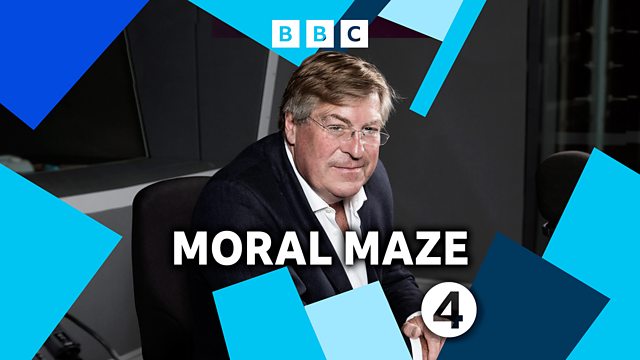Human Rights
Live debate examining the moral issues behind one of the week's news stories. With Ash Sarkar, Tim Stanley, Giles Fraser and Ella Whelan #moralmaze
The largescale protests in China are not just a response to Covid restrictions but about fundamental human rights, including freedom of speech. They follow weeks of demonstrations in support of women’s rights in Iran, and LGBTQ+ rights in Qatar.
We often speak about human rights as a self-evident truth – the right to life, the right to a fair trial, the right to freedom of conscience. Drafted after the Second World War, the Universal Declaration of Human Rights was a milestone document seeking to protect the dignity of all human beings.
Advocates argue that human rights are universal because the struggle for freedom can be found in every culture, despite being rooted in different philosophies and assumptions. They see a human rights-based approach to the world as the best way of identifying a shared humanity and improving human wellbeing. Sceptics, however, believe the global human rights movement can itself be a form of Western moral imperialism, or cite examples of atrocities justified with the language of human rights.
Some believe that in order to hold powerful corporations and regimes to account, there needs to be a more expansive view of human rights. Others are concerned about what they see as the ‘mission creep’ in extending the legal framework of rights to encompass areas of moral life that shouldn’t be a matter for the law courts.
What are human rights? Are they universal? Who should arbitrate when they are in competition?
Producer: Dan Tierney.
Last on
More episodes
Broadcasts
- Wed 30 Nov 2022 20:00����ý Radio 4
- Sat 3 Dec 2022 22:15����ý Radio 4
Podcast
-
![]()
Moral Maze
Live debate examining the moral issues behind one of the week's news stories. #moralmaze



